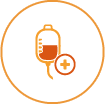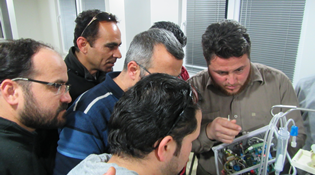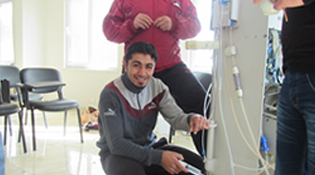Overview of Healthcare Needs

Chronic and non-communicable diseases have been reported in Syrian refugees. Chronic and non-communicable conditions in this population include hypertension, diabetes and renal disease. In a recent survey of Syrian refugee households (n=1550) residing in non-camp settings in Jordan, half of all households reported having at least one household member with a previous diagnosis with one of five non-communicable diseases: arthritis, cardiovascular disease, chronic respiratory diseases, diabetes, or hypertension. Among adults greater than 18 years of age in the survey population, hypertension prevalence was highest (10.7%). No national data exists on the prevalence of renal disease in the Syrian population. But, in a pre-crisis, cross-sectional survey of hemodialysis sites in Aleppo, Syria, 550 patients (0.022% of the total population) were receiving hemodialysis. Hemodialysis patients ranged in age from five to 82 years with a mean of 44.7 years. The top three causes of end-stage renal disease in this population were hypertension (21.1%), glomerulonephritis (20.5%) and diabetes (19.5%). Hereditary causes were identified in 6.2% of this group. The low rate of hemodialysis in Aleppo was attributed to prohibitively high cost, high mortality and low rates of ultimate transplantation.
Sources: cdc.govFor additional information and details on Bridge of Life’s work in Syria, please contact info@bolteam.org
Programs

Kidney Care

Chronic Disease Prevention
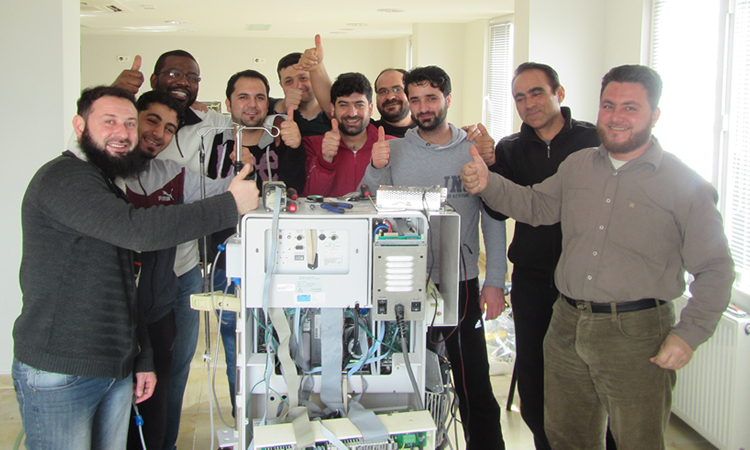
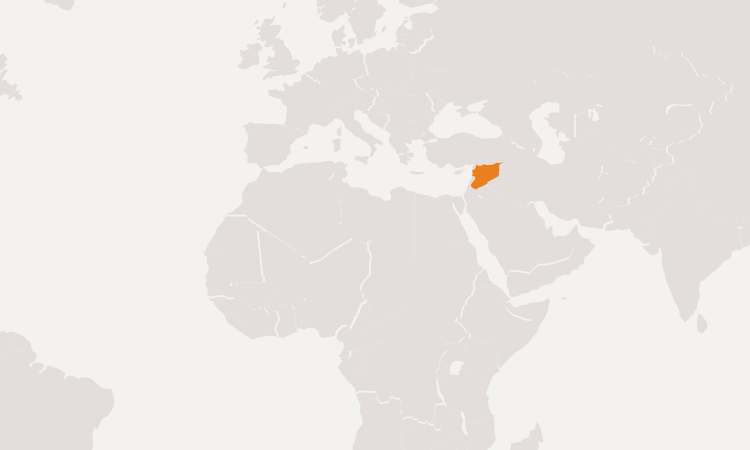
- Our Partners
- Syrian American Medical Society
